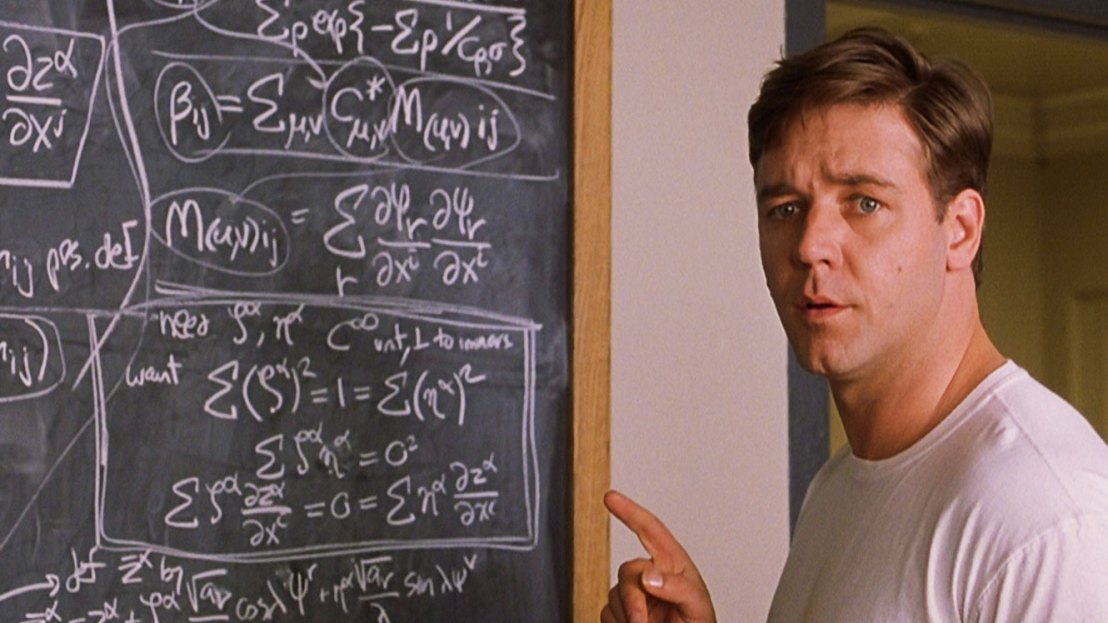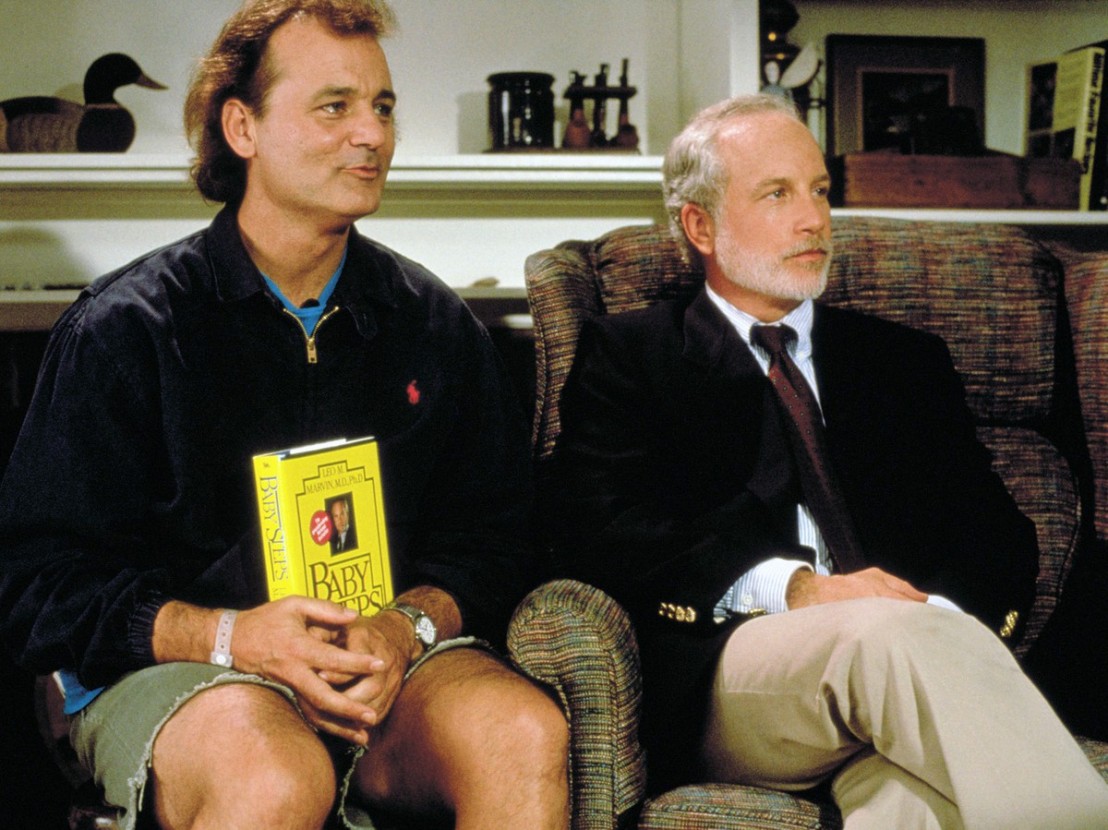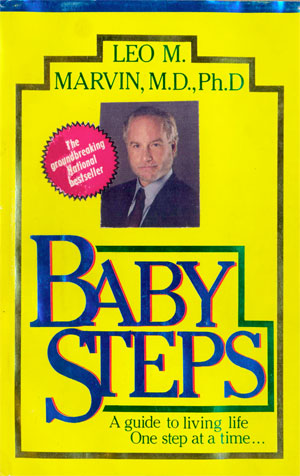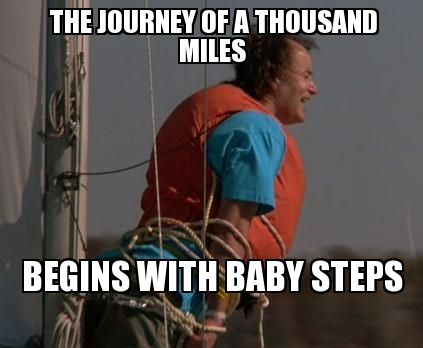“We read to know we’re not alone,” says the writer CS Lewis, played by Anthony Hopkins.
And according to Cinema therapy expert Bernie Wooder, the same can be said for watching films as a much deeper form of the therapeutic process of healing from just about any trauma.
To say it in my own words, I also believe in the power of film as therapy, release, and or even as an escape as The Cinema-can be so many different things to so many different people:
1. From an easier way to find/access laughter within ourselves when one feels joyless-sometimes silly comedy films and or tv shows might work far better than any sort of Prozac.
2. To giving one hope for the future via some sort of post-futuristic sci-fi action that might show our own evolution into a more advanced species (or what we might think as being advanced).
3. To those more therapeutic and humanistic stories of individuals and or groups of people that help us feel so much less alone within this Multiverse and simply show us that we’re so much more connected to one another than we might think.
4. To those more visually stunning and artistic films, that express that of being a (to paraphrase David Lynch) “film can be a moving breathing painting if you allow it to.”

Not to say that the film industry as whole doesn’t have it’s own ethical and systemic issues i.e. all of these all too real cases of both sexual harassment and sexual assault via abuse of power. Alongside that other major issue I have with film as whole as sometimes (not always) they do exploit so many human tragedies and for monetary gain, often before that proverbial blood is cleaned up from any such crime scene cleanup-for example:
Not just a week or two after 2013 Boston Bombing had taken place Casey Afflect and or other Boston celebrities were in talks to turn this pain into a film without actually taking in how trauma actually effects both the victims and those who had to witness such horror . Alongside the fact that most films like Patriot’s Day don’t even offer any of that film’s profits towards the actual victims and or tragedies.
Since, I myself am from Boston and actually had family that was actually in the city of Boston during the Boston Marathon-I feel this much much more than your average moviegoer/citizen of the world/critic.
But, why am I talking about this ethical dilemma? Because when cinema is done right, it can heal a people from any such national and or international traumas if only when it is given both the time, perspective and empathy for processing.
A great example of this would be the movie Selma for which was 50-years in the making. Now some might say that this topic is a bit late for an adaptation, but for me, I felt as if it gave both the march to Selma and Dr. Martin Luther King the respect and attention they deserve.
Besides this, if this film were made any sooner, would the filmmaker Ava Duvernay been able to make such criticisms of President Lyndon B Johnson? It might have been more difficult to state as often the truth of history often takes a long time to truly appear and become what I might call as being truly illuminated.
Racism and segregation are often what we might call as being a historical trauma that we often don’t talk enough about.
Political rants aside, what it all comes down to is that great cinema often makes us feel much more human and so much more connected to each other, via our own humanity and empathy-it often happens when we allow ourselves to witness that human experience not unlike:
Giving the world a mental health hero: Prior to the release of the film A Beautiful Mind, did anyone really have what anyone might call as being a mental health hero? Not so much.
Often when we are given even a small window into another person’s point of view, pain and or illness such as the likenesses of genius mathematician and economic theorist John Nash’s struggles with Schizophrenia.


And then there’s this whole much more comical, yet still another yet still respectful approach to looking at both the humanity, humor, and the mental pain that goes with having Obsessive Compulsive Disorder via Jack Nicholson’s character Melvin in 1997 classic ‘As Good as it Gets.’

Additionally, according to Cinema Therapy expert Bernie Wooder: Monty Python’s Life of Brian is yet another story that’s all too humanistic and that of the imperfection of our own humanity.

Brian Cohen (Graham Chapman) is an average young Jewish man, in Monty Python’s signature absurdity Life of Brian, the tale finds Brian’s life paralleling Biblical lore, albeit with many more laughs.“Monty Python’s Life of Brian, also helped Coral (a therapy client of Bernie’s) to recognise that we are all individuals and that being able to stand alone is not a sign of loneliness. For her an important difference between watching films and reading books is that, as with music, she can share the experience with friends.”
Wooder, Bernie. Movie Therapy How It Changes Lives (Kindle Locations 2457-2460). Joy Publishing. Kindle Edition.
Film Can Show Us Another Point of View That We Might Not Have Know About or As a Reflection of Our Own Experiences:
When I was much younger and going through what I would call as being some depressive issues, I had a roommate by the name of Gary.
Gary was a troubled, yet kind young man that had PTSD. And so in spending the Christmas holidays with Gary, he’d explained it that had always been all too difficult time of year for him. Gary then explained to me that, he’d been raised in foster homes and had never really ‘gotten adopted’ which had given him a huge complex about his own self owrth. So, in essense, he had aged out of an from an all too imperfect foster care system.
Gary’s therapist had then ‘assigned him’ a movie to watch by the name of Untamed Heart.
Untamed Heart is now what lots of folks might call as being a 90s classic about an orphan that had also been raised in foster care/an orphanage.
When he had watched this film for the first time, he was ‘assigned’ to watch it alone in order to sit with both his feelings and in order for him to come to terms with own history. He soon after did this and then invited me, myself and some other friends to watch this film.
Watching it with Gary and having that context, really did give me this much deeper and much more moving experience of what it might have been like for Gary to grow up in the spaces where he had.
And, so finally as far as my own therapeutic films go:
What About Bob? (1991) Would probably have to be one of my favorites. Bob aka Bill Murray has what most would call as being a rather obsessive relationship with his therapist and crosses borders with his new psychiatrist that anyone might call as being both silly and unrealistic.

Now, the part of the film that has always resonated with me was that of Richard Dreyfus’s advice to Bob Wiley based on his fictional book: Baby Steps.
That advice: Life is all just Baby Steps.

Incidentally, screenwriter Tom Schulman wrote both scripts for What About Bob and As Good As It Gets.
And how did I learn about this? Years ago, from my own therapist’s recommendation when I had been wondering how to follow my own dreams and or make my own life that much better she would say:
“Go watch What About Bob? And think about the phrase Baby Steps.”
Incidentally, her husband was that of a comedic actor for whom had wound up directing a stage play that I had written a while back by the name of ‘Friday Afternoon.’
In closing, I might add that while sometimes we might think of cinema as well some sort of vain, self-indulgent art for the sake of money and your attention, but when it’s done properly-it can move mountains, fill us with joy, change lives, and or fill those holes that some of us might feel along the way.
And so, that’s just a small slice of my own schpeal on film, cinema therapy and how to find meaning in cinematic art.

Incidentally, Bernie Wooder’s book on Movie Therapy can be bought over here on Amazon Kindle for just $1.99.
